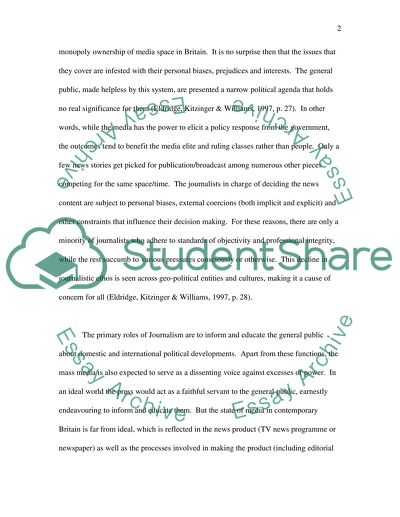Cite this document
(“What is the role of mass media in liberal democracies Do you think the Essay”, n.d.)
What is the role of mass media in liberal democracies Do you think the Essay. Retrieved from https://studentshare.org/miscellaneous/1552223-what-is-the-role-of-mass-media-in-liberal-democracies-do-you-think-the-media-fulfil-these-functions-base-your-answer-on-liberal-theory-and-the-political-econ
What is the role of mass media in liberal democracies Do you think the Essay. Retrieved from https://studentshare.org/miscellaneous/1552223-what-is-the-role-of-mass-media-in-liberal-democracies-do-you-think-the-media-fulfil-these-functions-base-your-answer-on-liberal-theory-and-the-political-econ
(What Is the Role of Mass Media in Liberal Democracies Do You Think the Essay)
What Is the Role of Mass Media in Liberal Democracies Do You Think the Essay. https://studentshare.org/miscellaneous/1552223-what-is-the-role-of-mass-media-in-liberal-democracies-do-you-think-the-media-fulfil-these-functions-base-your-answer-on-liberal-theory-and-the-political-econ.
What Is the Role of Mass Media in Liberal Democracies Do You Think the Essay. https://studentshare.org/miscellaneous/1552223-what-is-the-role-of-mass-media-in-liberal-democracies-do-you-think-the-media-fulfil-these-functions-base-your-answer-on-liberal-theory-and-the-political-econ.
“What Is the Role of Mass Media in Liberal Democracies Do You Think the Essay”, n.d. https://studentshare.org/miscellaneous/1552223-what-is-the-role-of-mass-media-in-liberal-democracies-do-you-think-the-media-fulfil-these-functions-base-your-answer-on-liberal-theory-and-the-political-econ.


